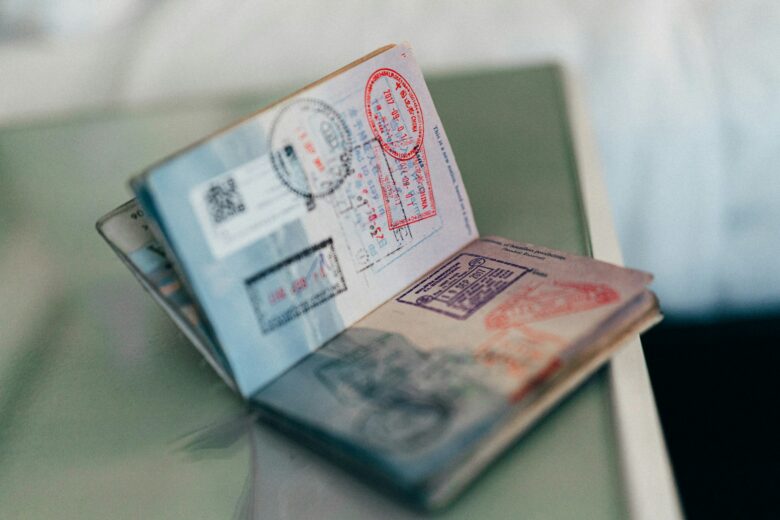On December 4 2023 the Home Secretary, James Cleverly introduced changes to visa rules as part of a “five point strategy” to lower immigration rates. The Home Office later shared information on December 21 with some adjustments made to the original plans. As of now these changes have not been put into effect. A timeline, for their introduction has been set out.
What Are the Five Modifications?
- Social care workers will no longer have the option to bring dependents (partners and children) on their visa.
- The minimum salary required for sponsorship under a Skilled Worker visa will increase, with the baseline rising from £26,200 to £38,700. However, this adjustment won’t apply to the Health and Care Worker visa, which encompasses social care, or to education workers on national pay scales.
- Alterations to the shortage occupation list will be made to decrease the number of jobs eligible for sponsorship under a Skilled Worker visa with a salary lower than the standard minimum (the primary purpose of the list).
- The minimum income necessary to sponsor someone for a spouse or marriage visa will gradually rise, progressing from £18,600 per year to £29,000 and eventually reaching approximately £38,700.
- A comprehensive review of the Graduate visa, a two-year unsponsored work permit for international graduates from British universities.

Source: unsplash.com
When Will These Changes Take Effect?
- The prohibition on newly arriving care workers bringing immediate family members will be implemented on 11 March 2024.
- The Skilled Worker minimum salary increases are set to take effect on 4 April 2024.
- Initial alterations to the shortage occupation list are also anticipated in April 2024, likely on 4 April; the Migration Advisory Committee is actively working on its recommendation for the updated list.
- The income threshold for the spouse/partner visa will increase to £29,000 from April 11 2024. It is projected to rise to, around £34,500 later in 2024 and is anticipated to reach approximately £38,700 by early 2025.
- The Home Office was supposed to ask the Migration Advisory Committee to start the assessment of the Graduate visa by January 2024. As of now, this has not happened. The committee is expected to present its conclusions by the end of 2024.
Will Members of Parliament be able to accept, decline or make alterations to the suggested revisions? This appears unlikely. The revision of visa regulations follows the procedure outlined in statements of changes to the Immigration Rules. The Government has indicated its plan to present two such statements to Parliament, scheduled for 19 February 2024 and 14 March 2024.

Source: unsplash.com
Statements of changes automatically become effective unless either the House of Commons or House of Lords actively votes to nullify them within 40 days. Typically, there is no vote, and the Government is not required to allocate time for one in the Commons, even if a motion against the changes is tabled (this can be done as an Early Day Motion).
In the event of a vote on changes to the Immigration Rules, the proposed amendments cannot be altered. They can only be accepted or rejected in their entirety.
No additional legislation is necessary for these changes to take effect.

